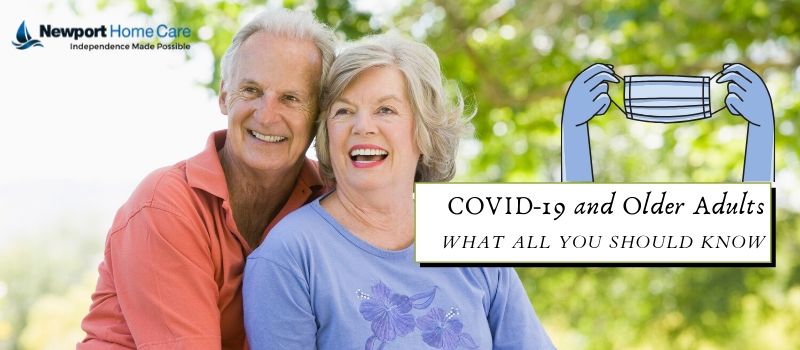


COVID-19, or coronavirus, has turned our lives upside down. No vaccine has yet been developed for this infectious disease, and those above 65 and older need special care during this pandemic. So, how do we take care of our older adults? Read on to get all your questions answered related to coronavirus and elderly adults.
Call your family doctor, nurse, or a nearby medical facility immediately if you notice symptoms like fever, cough, or shortness of breath. You can also call on COVID-19 hotline numbers. If any older adult in your home is having trouble breathing, running a high fever, chest pain, lips, or face turning blue, then you must call 911.
If you start noticing symptoms like fever, breathlessness, chest pain, or cough, immediately call your doctor for advice. The doctor will be able to suggest whether to take the test or head for treatment. You can also call on a dedicated COVID-19 hotline number or visit your state’s public health website to locate a nearby testing facility.
Older adults with mild illness are expected to recover without any serious side effects. Older adults with severe illness and who are able to recover without a ventilator might have a minimal long-lasting effect of the virus. Lung damage and acute respiratory distress syndrome are likely to develop in those who require ventilators. Fibrosis or lung tissue scarring is another long-lasting effect of coronavirus.
As we age, our immune system turns weak. Elders are at a higher risk of getting coronavirus and, in a few cases, death. Those suffering from chronic conditions like lung disease, hypertension, diabetes, heart disease, and cancer are more vulnerable to contracting COVID-19.
Those over 65 should stay informed and socially distance themselves. If your neighborhood has reported any coronavirus cases, make sure you stay at home and get your daily supply of medicines and household items delivered to your doorstep. Keep a close watch on the local public health department updates.
There are many older adults placed under in-home senior care, and they require more attention. Washing hands frequently is a must for all. Staff at senior care services must lookout for those who are sick and provide them with immediate medical assistance. The Centers for Disease Control and Prevention (CDC) has also issued specific guidance for long-term care facilities, which should be followed.